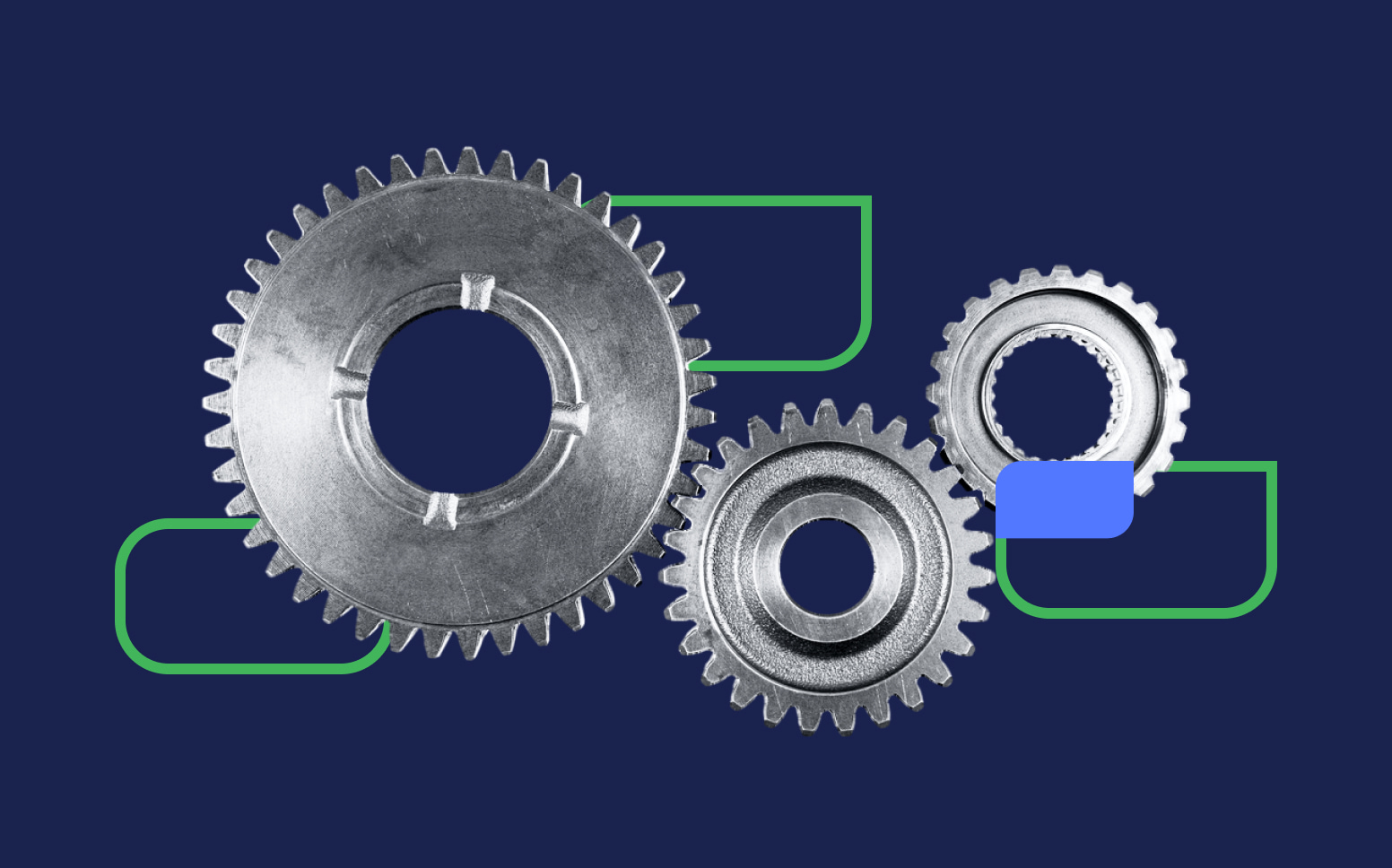Why CRM is the Ideal Solution for Every Small Business
A sure recipe for business success is maintaining good relationships with customers. But, the process can be pretty challenging. It takes time, patience, and dedication to create bonds with customers.
While concentrating on running the business, it is easy to lose sight of the importance of engaging with clients.
Investing in Customer Relationship Management (CRM) software is no longer an option. A CRM is any strategy, tool, or technology for acquiring, managing or retaining clients. The CRM software is ideal for nurturing relationships with clients.
In the beginning, such solutions were for bigger businesses. They had the financial capabilities to invest in them. But now, small companies need not worry that the technologies are out of their reach. There are tons of options, at affordable price ranges.
Let’s explore the important role of CRM for small businesses further below.
1. Streamlining of Operations
Imagine how a typical organization would manage tasks in the days gone by. The teams handled everything using manual methods. They would, for instance, write down customer details in notebooks.
Any time there was a need for information, it required going through files full of papers. Imagine the time and tedious nature of managing the workflow.
Technology brought in the automation of work. First, it takes care of repetitive, mundane, time-consuming tasks. This frees up the teams to concentrate on other areas requiring their attention.
There is also streamlining of operations, thus higher efficiency and productivity.CRM platforms help with collecting and managing customer information across all the business locations be it multiple physical, remote, or virtual mailing addresses.
All the data is available in one central location, thus better organization. Teams get quick access to information, making it easy to handle customer needs faster.
2. Better Client Management
A typical business collects a lot of information from customers. Such include personal information and contact details. The data can get overwhelming if there is no way to manage it well.
Sharing platforms assist with the consolidation, organization, and synchronization of data. Quick access to the information by team members increases efficiency.
It means, even if one person is not around, work continues. You don’t have to wait for the person with the keys to the file cabinets to come to the office.
Cloud storage allows for sharing even with remote workers. And, there is more security for client information. You cannot achieve the same with paper files. The automatic backups further enhance the safety of information.
In case of data loss, the teams will recover much faster. With all the information in one place, it is easy to track client management activities. These include phone calls, emails, and live chats. Such records are vital reference points anytime the need arises.
3. Leads Conversions Made Easy
How many times do you lose a sale because the team did not follow up? And, it is hard to determine the quality of leads using manual processes. CRM software will give you the relevant analytics to know the hot, cold, or warm leads.
The teams can keep track of the customer through the sales funnel. The reports and analytics will show what is working or needs letting go of. It can identify points at which customers lose interest and fall off.
And that’s not all. CRM goes a long way in the personalization of services. Task and sales opportunity automation takes care of repetitive sales jobs.
Automating reminders for important communication is an example. Doesn’t it feel great to get a birthday wish from a brand you transact with? The CRM allows for the scheduling of such messaging. The harried sales executives can remove such tasks from their to-do list.
4. CRM in Recruiting
CRM software is synonymous with sales and marketing. But the HR department is a recipient of the benefits it has to offer.
AI recruiting platforms are incorporating candidate relationship management software in their offering. The idea is to treat prospective candidates as customers.
Everything the business does to manage customers should also apply to recruits. The CRM manages every aspect of the recruiting process. It starts right from the very beginning of sourcing to the offer stage.
Candidates also get guidance on the hiring process. AI recruiting CRM segment candidates depending on the job type or skill.
The HR teams enjoy better communication through personalized emails or text. They also use the same for email campaigns, surveys, and analytics.
And that’s not all when talking about HR technologies. Forward-looking organizations are also integrating Human Resource Information Systems (HRIS) into their processes. The IT technologies take care of tasks like personnel administration, labor, and time management.
Data centralization further improves efficiency amongst team members.
5. CRM Analytics for Decision Making
CRM analytics provide dependable data-driven insights. The teams use such for improved decision-making.
Take the example of analyzing customer data. It gives clarity on customer needs and once as well as market trends. Using such data helps in creating strategies for enhanced customer satisfaction.
Trend tracking improves the type of sales strategies the business comes up with. It also allows for sales forecasting, thus higher conversions.
And that is not all. As we have stated, CRM can improve targeting. It allows you to know the type of customers you are attracting. The business can then target such groups with advertising messages of specific campaigns.
CRM solutions foster interdepartmental cooperation. Improved management or coordination results in smoother operations.
Centralization of information and a common interface enhances cooperation. As long as the admin gives permission or access, the data is easily available.
The accounts department does not need to wait for reports from sales and marketing. They can get them on the dashboard thus faster task completion.
Sharing insights, solutions or ideas is easy. The different departments can also give quick feedback. The whole business will achieve higher efficiency and smoother operations.
Final Thoughts
Investing in CRM solutions has so many benefits for small businesses. The teams achieve higher efficiency in the processes resulting in higher productivity. Capturing, managing, and storing customer data is easy on one centralized platform.
Team members get quick access to information even when working from remote locations. The sales teams get the tools to help them achieve higher conversions with the right CRM.
And, best of all, the tons of options means the small business can afford the technologies.
CRM stands for Customer Relationship Management. It is a system that helps businesses manage their interactions with customers. CRM systems can help businesses track customer contact information, sales leads, and customer support tickets. They can also help businesses automate tasks, such as sending follow-up emails and scheduling appointments.
CRM is important for small businesses because it can help them to:
- Improve customer service.
- Increase sales.
- Save time.
- Make better decisions.
When choosing a CRM for your small business, it is important to consider the following factors:
- The size of your business
- The industry you are in
- Your budget
- Your specific needs











